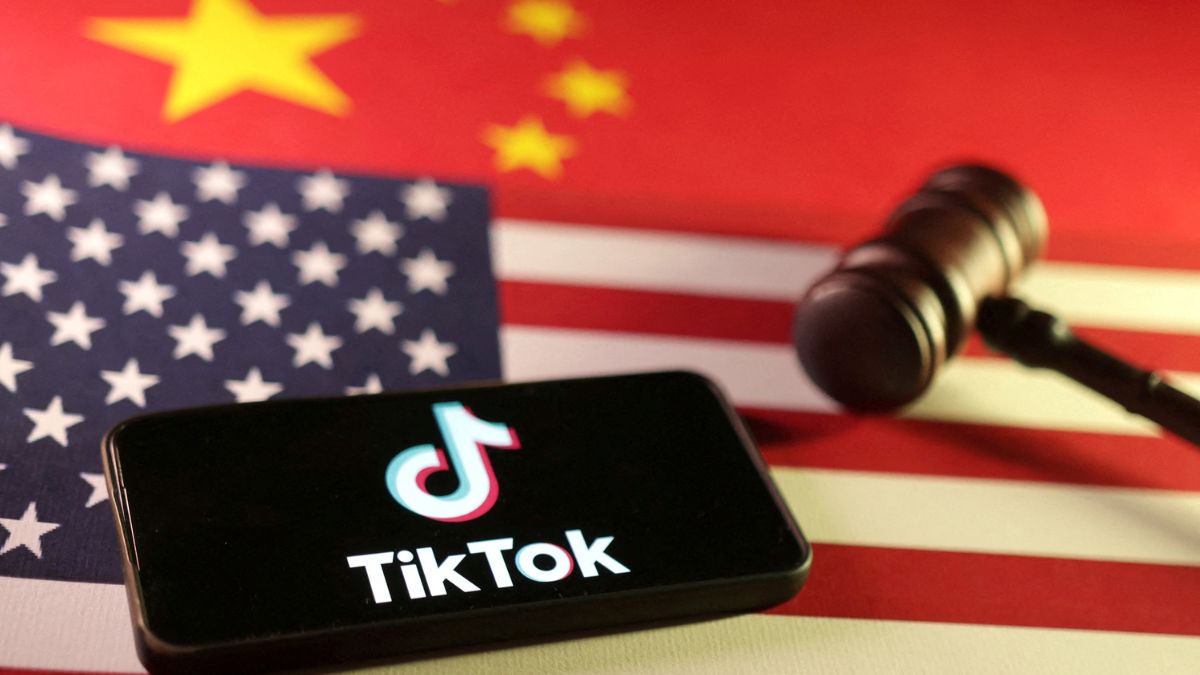Necessary Always Active
Necessary cookies are required to enable the basic features of this site, such as providing secure log-in or adjusting your consent preferences. These cookies do not store any personally identifiable data.
|
||||||
|
||||||
|
||||||
|

The United States and China have reached a significant US China TikTok framework deal, just days before a potential TikTok ban would take effect, according to TechCrunch. The deal was confirmed by U.S. Treasury Secretary Scott Bessent following high-level economic discussions held in Madrid.
The US China agreement TikTok deal comes as a result of months of escalating tensions between the United States and China over TikTok’s presence in the US market. The negotiations, which culminated during bilateral talks in Madrid, addressed concerns related to data privacy, national security, and economic competition. The agreement was confirmed just days before the September 17 deadline imposed by recent federal legislation, which could have led to a forced TikTok ban.
Main Provisions of the Agreement:
“A deal was also reached on a “certain” company that young people in our country very much wanted to save,” Trump said in the post, adding that he will speak to China’s President Xi Jinping on Friday. This statement indicates the strategic importance of TikTok for both the US economy and the platform’s significant user base. In other news, recently a French parliamentary committee has recommended a social media ban for minors under the age of 15.
Specific terms of the agreement remain undisclosed, with U.S. Treasury Secretary Bessent confirming that negotiations between the involved private companies had successfully resolved outstanding issues. The development marks a departure from the stringent approach that led to the US banning TikTok earlier in 2025.
The ban had been enacted following a federal law targeting foreign-owned apps deemed security risks. However, subsequent executive orders by President Trump allowed continued operations while negotiations progressed. Industry experts view this US China TikTok framework deal as a critical step in stabilizing the uncertain regulatory environment surrounding foreign digital services operating in the US. Earlier this year, TikTok unveiled a meditation feature to promote wellness and prevent late-night scrolling by users.
This US China TikTok framework deal is expected to have significant implications for B2B decision-makers who rely on TikTok for marketing, customer engagement, and data analytics. It mitigates the risk of sudden regulatory disruptions and signals a more structured approach to handling foreign tech firms in the US.
Businesses should monitor further announcements, particularly the upcoming dialogue between President Trump and President Xi Jinping. The finalized terms may establish new precedents regarding data governance, cross-border digital commerce, and strategic market access.
Understanding when did US China reach TikTok deal will be essential for B2B professionals to assess its impact on strategic operations. The impact of US China framework on TikTok ban is likely to reduce market volatility and provide a more predictable regulatory environment.
The US China TikTok negotiations illustrate the growing complexities of digital regulation and international business.